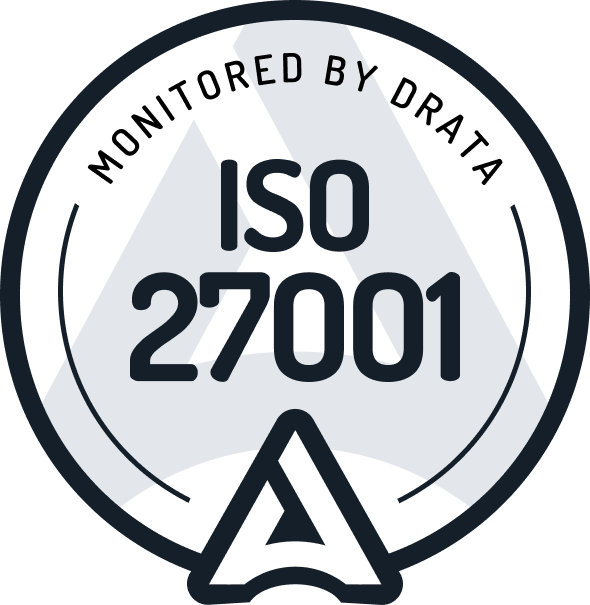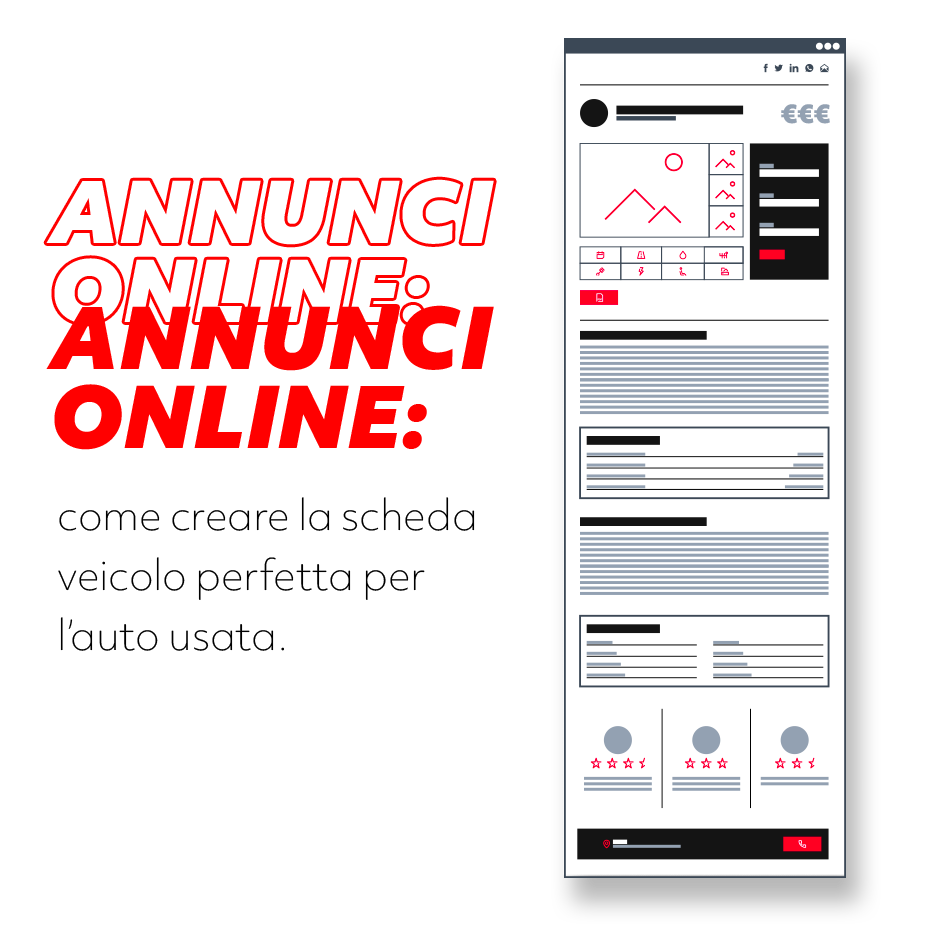The lead and customer data that dealerships have at their disposal are a valuable asset that must be managed, especially at this historic time. It is therefore essential to take care of all aspects of Business Intelligence, starting from the information flow in the CRM (Customer Relationship Management) and its most used expression for strategic choices, namely reporting.
According to Oracle, we can define Business Intelligence (BI) as the set of ‘capabilities that enable organisations to make better decisions, take informed action and implement more efficient business processes’.
Gathering up-to-date data within the organisation, to reprocess it and distribute it in a timely manner and in easy-to-understand formats, is a decisive activity for a digital dealer’s success. Data-driven companies that invest in this activity (and the skills required) are, according to the latest statistics, clearly outperforming their competitors in this period of digital transition.
Thus the CRM, the beating heart in the collection and distribution of information in dealerships (cars, LCVs, motorbikes, trucks) is the tool that most requires attention at this stage.
CRM reporting: key to competitive advantage
A car dealer’s information system requires the powerful infrastructure that an advanced CRM provides in the data collection phase. However, if it is true that power is nothing without control, then it is even more important to have a reporting system that allows you to take full advantage of the wealth of information that can be generated by combining and organising the data collected.
Ideas are information taking shape
To gain a real competitive advantage, it is necessary to share the right information, to the people who are accountable, in real time. In the case we are about to examine, that is, optimising the use of CRM, we will see the winning features of a reporting system.

In order to be effective, the reporting system must be the result of a careful strategic analysis, clearly setting out the objectives of the reporting, considering the target audience and the use that will be made of the information.
The objectives of effective reporting
In order to improve a company’s CRM performance, enabling an informed approach to the use of data for all users, it is necessary to focus decisively on three interrelated objectives:
- Structure clear, simple, fast and constant KPI monitoring,
- enhance the value of human resources, through the monitoring of their results,
- optimise processes and improve performance, precisely because of constant monitoring
- consequently, save time and money, especially in decision-making activities in which the Management/Ownership has to participate.
For example, in addition to the BDC (Business Development Centre) function, which plays a key role in data flow management, the reporting system for Lead Management favours Marketing and Sales, providing information based on data uniqueness, useful content, ease of use and updating speed.
Benefits for dealerships
From a commercial point of view, we can then identify the following advantages:
- constant data availability (also for management), without having to create reports every time (the immediacy and uniqueness of the data simplifies decision-making)
- possibility of correcting ineffective processes, with a consequent increase in lead conversion
- possibility of structuring targeted follow-up/nurturing activities on defined customers
- constant monitoring of the activities of departments and/or individual operators
This latter advantage, reinforced by the unambiguous and objective sharing of data down to management level, enables two further goals to be achieved:
- reward best practises, departments and individuals with the best performances
- intervene promptly in critical situations.
Therefore, the features to be sought in an effective reporting system for CRM are those of continuous and real-time monitoring, analysis of team and individual performance, analysis and comparison of traceable KPIs, and display of medium/long-term trends and patterns.
The experience developed by MotorK, a partner of the most active dealers in the field of Business Intelligence, has led to the creation of a powerful reporting system, which features several sections, including:
- Backlog monitoring (by Team and by Type of lead)
To always know how many leads are to be managed (and by whom), and to highlight critical situations - Team activities
With daily, weekly, monthly monitoring and analysis of backlog/qualification, re-contacts and total actions - Analysis of failed leads
To keep conversion data under control, analyse trends over time and intervene if necessary.

Metrics under control: efficiency guarantee
Newly generated leads, positively qualified (or failed) leads, backlog, qualification time…
All key metrics made available easily and quickly to CRM users and management.
The digital dealership now has a powerful ally in the implementation of an information system based on the CRM: the Reporting Tool that can make a real contribution to increasing company performance.








